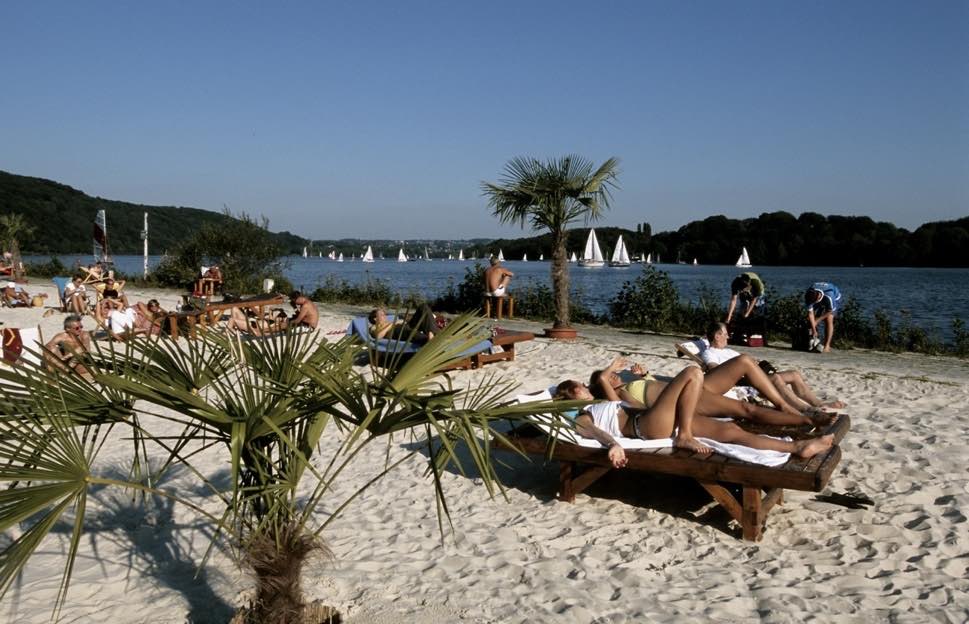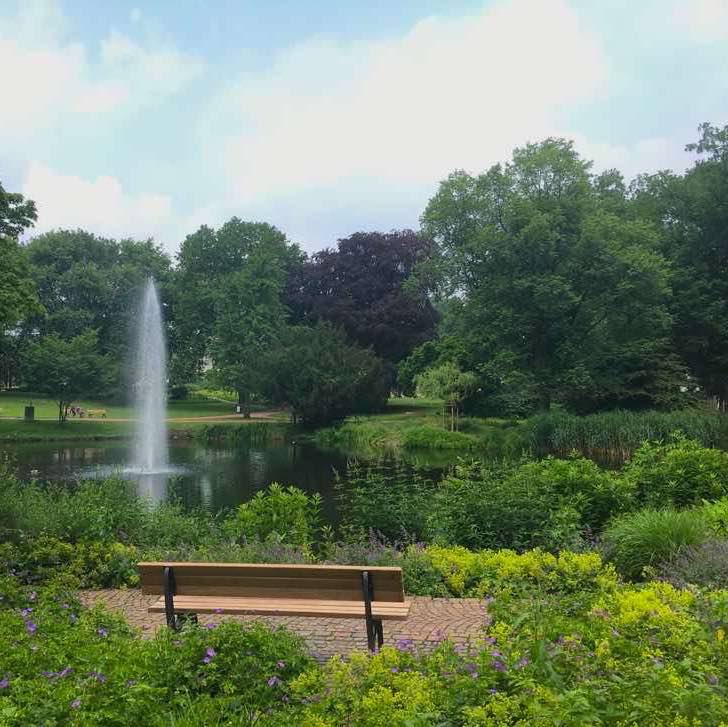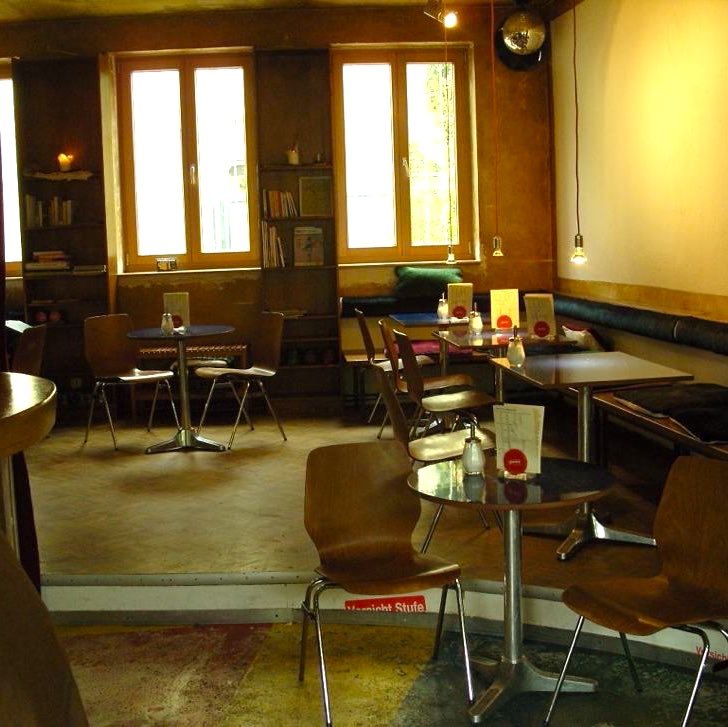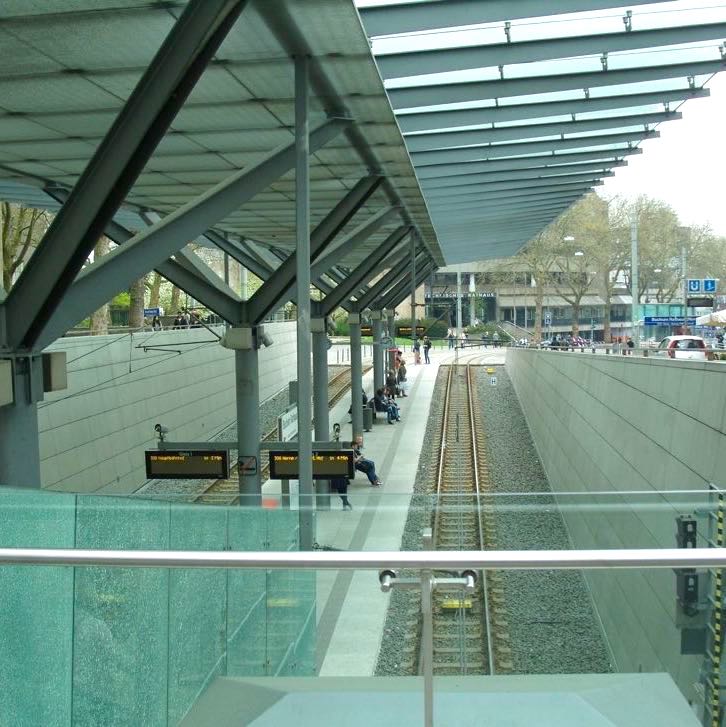State
STATE OF NRW IN THE RUHR
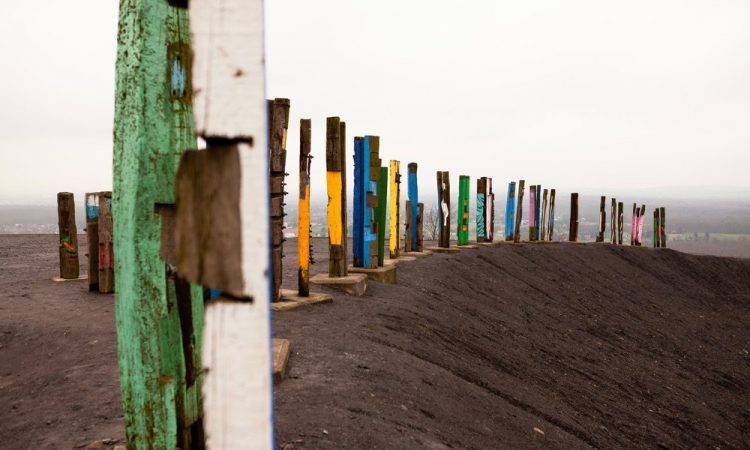
North Rhine Westphalia, NRW, is an unassuming leader in Germany. The fusion between parts of the Rhineland and Westphalia took place under the codeword Operation Marriage when, on 23 August 1946, the new state was established. Nearby Düsseldorf was declared the state capital. Considering the diversity of rural Westphalia and industrial Northern Rhineland, the fusion was more a marriage of convenience than of love.
However, following this enforced start, things steadily looked up in NRW. During the early years of the economic miracle, Wirtschaftswunder, the state boomed just like the rest of Germany with heavy industry in the Ruhr area becoming a major economic factor. But in recent decades, NRW has had to face enormous structural change and a more sustainable mix of industry and services has replaced much former heavy industry and coal mines.
A Powerhouse
Today, NRW is home to some 18 Million people. It is the most populous and economically strongest state in Germany. Its central location and strong infrastructure paired with high education and qualification backgrounds make it the number one state in Germany. Economic size, investment and export are superior to every other German state. Many businesses that operate in the country are based in NRW, especially trading companies from the USA, France, Great Britain, the Netherlands, Japan and, more recently, China.
NRW scores not only with its good economy; it is also a well-known location for high-tech enterprises, education and research institutions. 58 universities, 63 technology and incorporation centres, 30 technology transfer centres, thirteen Fraunhofer Institutes and eleven Max-Planck-Institutes are just a part of this network.
Its cultural qualities are also convincing, with no other part of Germany presenting such diversity. Numerous museums, exhibitions, theatres, operas, festivals and events offer enjoyment and entertainment indoors and out. Furthermore, fourteen national parks, the Eiffel hill and mountain range and more than 200 marvellous lakes all wait to be discovered.
By Philipp Schiwek, Jul 27 2021
Staatskanzlei des Landes Nordrhein-Westfalen
Horionplatz 1
40213 Düsseldorf
+49 211 837 01
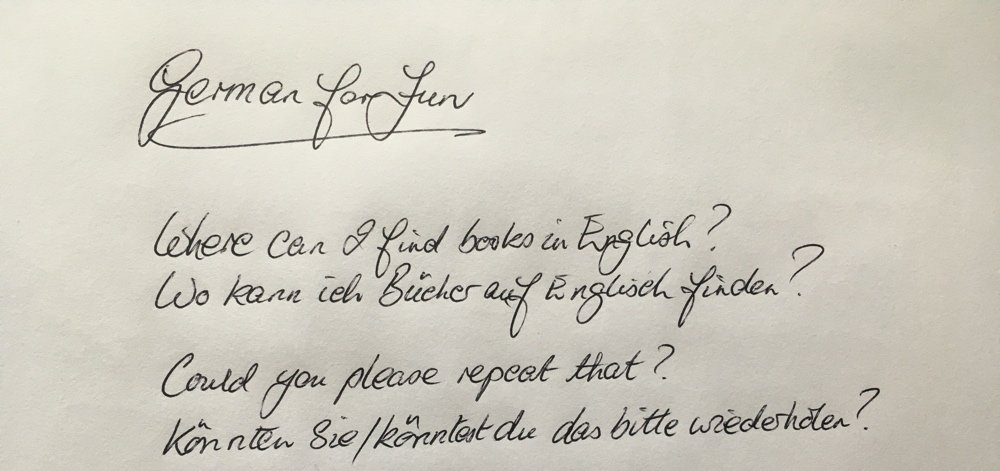
GERMAN FOR FUN
We stand in a foreign culture finding ourselves pointing, gesticulating and hoping to be understood. Many Germans speak at least some English. However, some expats relocating to the Ruhr Metropolis may wish to carry a few basic but helpful words with them for use in awkward moments.
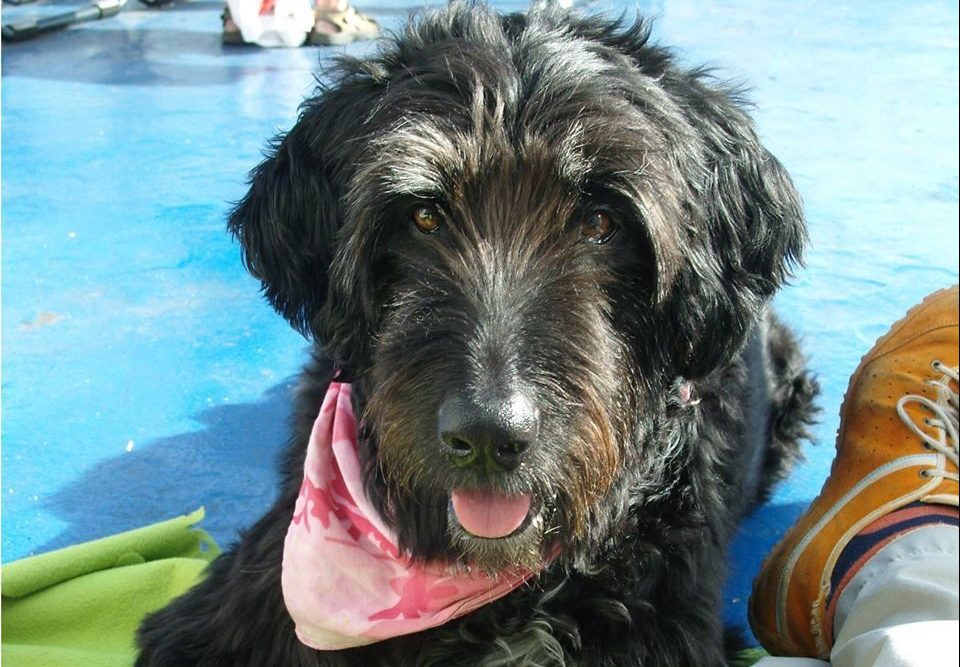
PETS IN RUHR
Germans, on the whole, love and respect pets and are friendly towards dogs. Dogs are permitted on public transport and inside restaurants but keeping a pet on a leash is a must. Dog ownership in the Ruhr Metropolis is highly regulated, while the national is populace is, in general, very dog friendly.
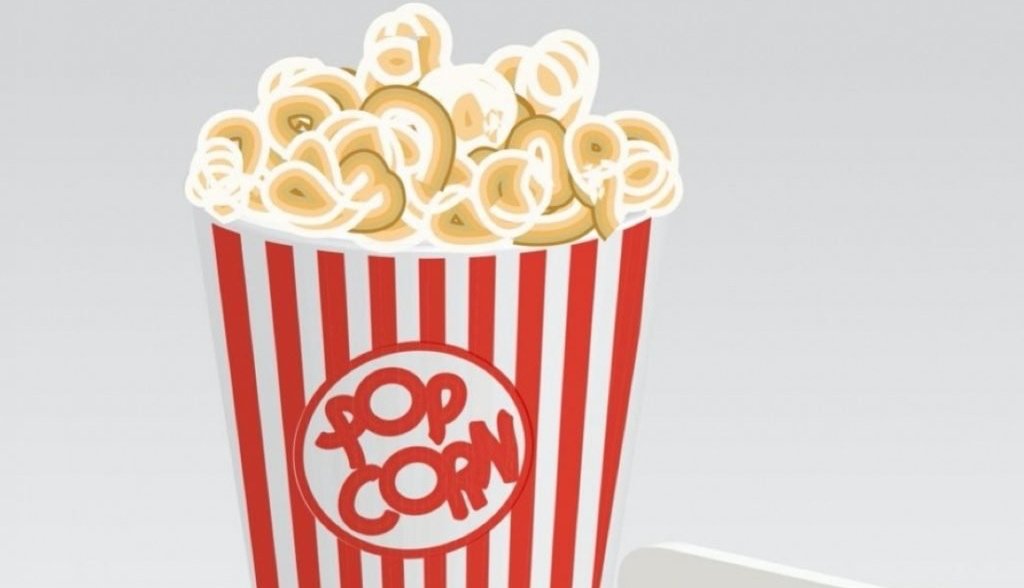
MOVIES IN RUHR
Original language movies are popular among expats living across the Ruhr Metropolis. Films are screened regularly in English original with subtitles, known as OmU and without, portrayed as OV. A wide variety of cinemas or movie theatres can be found, both large and small.
Beaches in Ruhr
It may come as a surprise to newly arrived expats that beaches can be found in the Ruhr Metropolis. Fine sand and shingle are ideal for walking, playing, relaxing and picnicking. People flock to enjoy various spaces beside the rivers and lakes, especially on warm and sunny summer days. Photo © Ralph Lueger.
